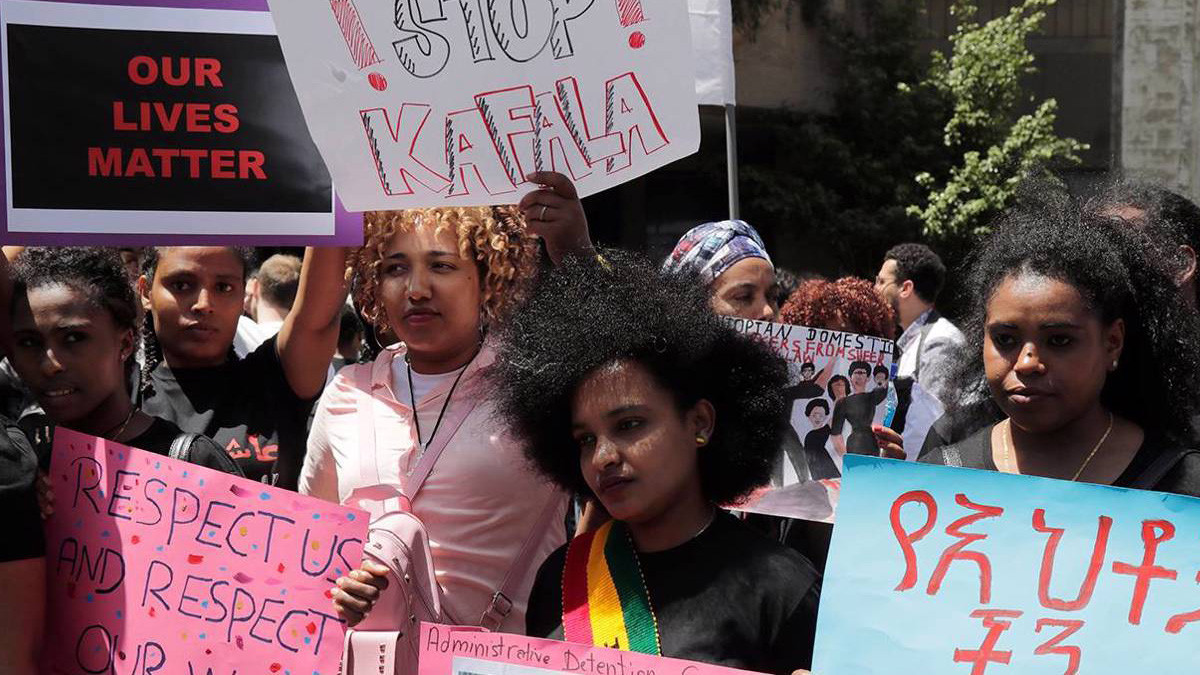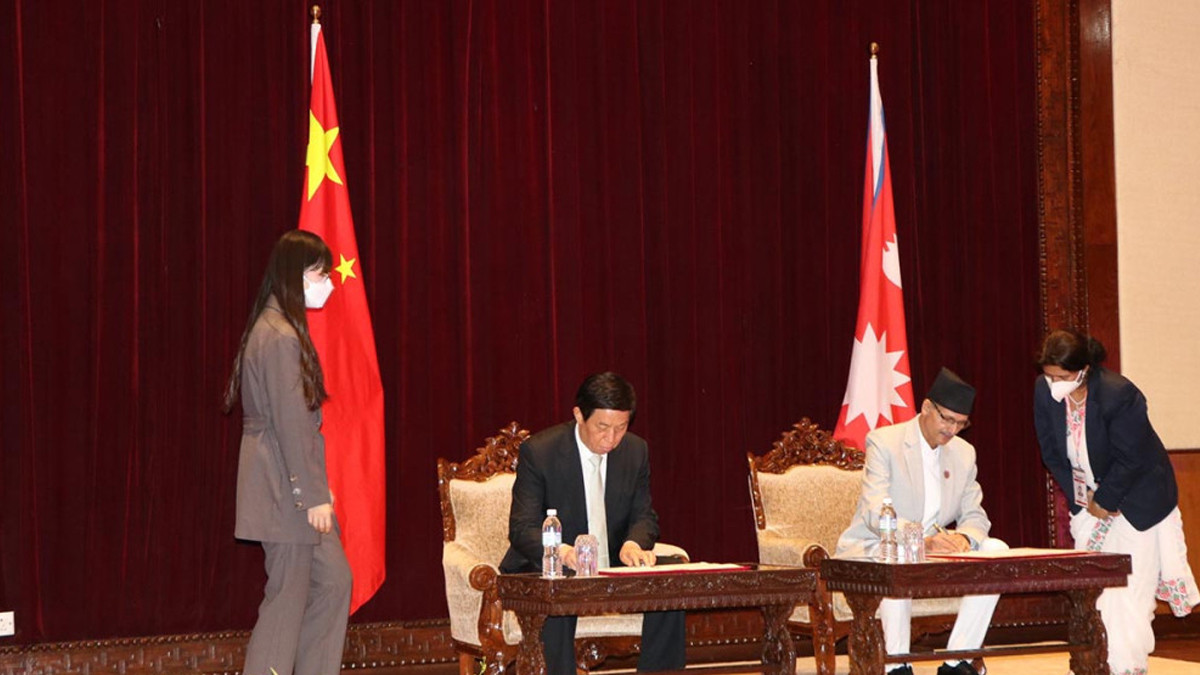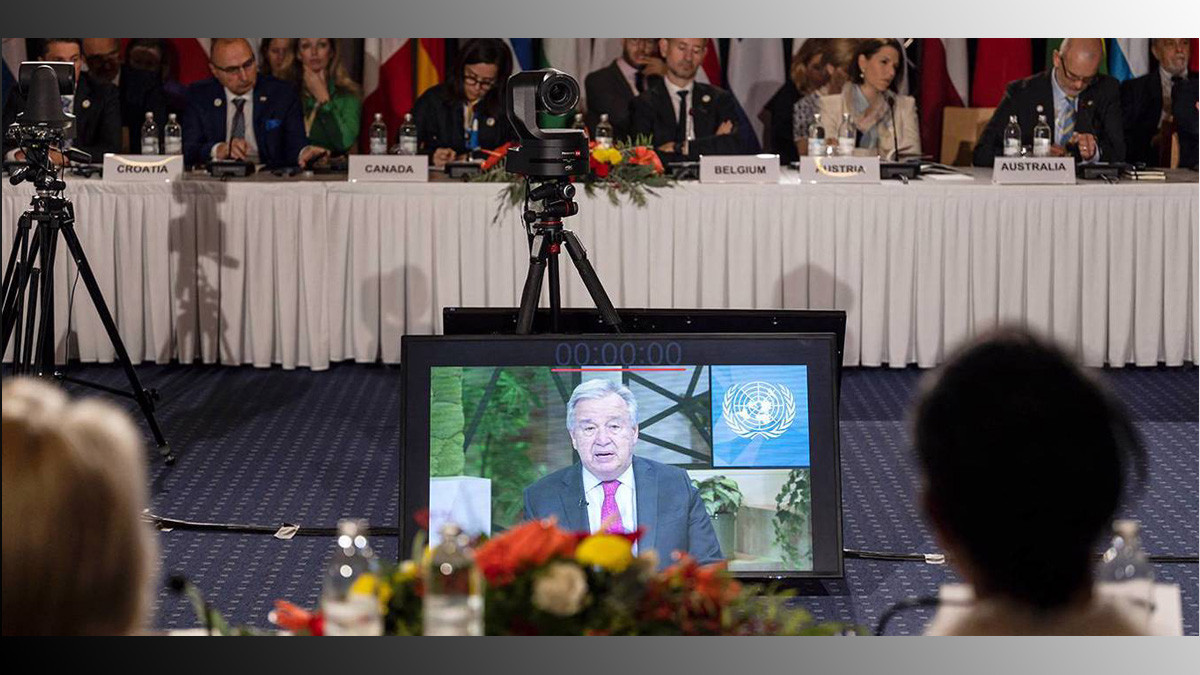 ANWAR AMRO/AFP via Getty Images
ANWAR AMRO/AFP via Getty Images
BEIRUT – It should go without saying that a policy reform should be for the better – or, at least, not for the worse. But recent labor reforms in the Gulf fail to clear even this very low bar. In a region where foreign domestic workers are already highly vulnerable, they are now increasingly being denied basic rights.
Like other Gulf Cooperation Council (GCC) countries, as well as Jordan and Lebanon, Qatar has in place a kafala system of labor sponsorship, under which a worker’s kafeel (sponsor) controls their immigration status, wages, accommodation, and all other contract terms. This system has often been criticized for leaving migrant workers – especially low-income women – highly vulnerable, with condemnation growing after Qatar was awarded the right to host this year’s FIFA World Cup tournament.
So, Qatar’s pledge in 2017 that it would pursue sweeping labor reforms was welcome news. And many celebrated when, in August 2020, Qatar removed the requirement that workers obtain their kafeel’s approval to change employers. Despite concerns that the lack of visibility of some workers, especially domestic workers, would undermine enforcement, many hoped that this augured a broader strengthening of protections for migrant workers, not only in Qatar, but across the GCC.
Those hopes were dealt a serious blow last July, when Qatar’s government extended the probationary period for domestic workers – during which the kafeel can get a full refund from the recruitment agency – from three months to nine. The idea apparently was that the increased risk of financial losses would spur recruitment agencies to expand their monitoring of workers’ circumstances. But how could they? The household is considered “sacred,” and interference in its affairs is prohibited, so inspections are not allowed. The Ministry of Labor’s explanation is that this change promotes stability for employers. In reality, it merely puts domestic workers at increased risk of abuse.
This policy already facilitates exploitation of workers. Even beyond the probationary period, employers can receive a refund if the worker has a chronic illness, refuses to work, or “absconds.” So, sponsors may falsely accuse workers of these “crimes,” knowing that workers have little power to contest the charges. The mere threat that a sponsor will level such accusations against a worker can have a powerful coercive effect.
But workers are never more vulnerable than during their probationary period. For starters, if workers are moved before their probation ends, they cannot access end-of-service benefits. Moreover, far from protecting workers from exploitation, recruitment agencies might punish them for being “returned.” The International Domestic Workers Federation (IDWF) regularly receives complaints about recruitment agencies confiscating mobile phones, providing insufficient food, and withholding salaries until a new employment contract is signed. Agency staff might also harass workers, physically and verbally.
With an extended probationary period leading to larger financial losses, there is good reason to fear an increase in such abuses at the hands of recruitment agencies. This is even more likely, given endemic impunity for such violations. Though the IDWF has filed complaints with the Ministry of Labor, which has, at times, sent inspectors to check conditions at recruitment agencies, violations of workers’ rights are usually ignored, and rarely punished.
The flawed reform is merely a symptom of a deeper problem: the exclusion of key stakeholders. Because the new rule technically applies to recruitment agencies, only they were involved in discussions with government officials. Domestic workers were excluded, even though they are clearly the primary stakeholders, just as they would be in any policy regarding employers’ rights or obligations. The fact that the reform does not affect the Domestic Workers Law is irrelevant. Without the active involvement of workers and the organizations committed to protecting them, no positive labor reforms can be achieved.
In the past, Qatar’s labor ministry prided itself on its collaborative approach, which included consultations with stakeholders prior to the release of any official decree. This time around, domestic- and migrant-worker organizations found out about the change only after it was announced publicly. Moreover, in February 2022, the ministry provided an initial copy of this policy, but to this day, it has not addressed the questions or concerns raised by stakeholders, and a review has yet to take place.
This is no oversight. It amounts to a deliberate effort to obscure the rollback of vulnerable workers’ rights. And the World Cup has not even started yet.
Lara Nuwayhid is Middle East and North Africa Regional Coordinator at the International Domestic Workers Federation.
Copyright: Project Syndicate, 2022.
www.project-syndicate.org

 Lara Nuwayhid
Lara Nuwayhid








